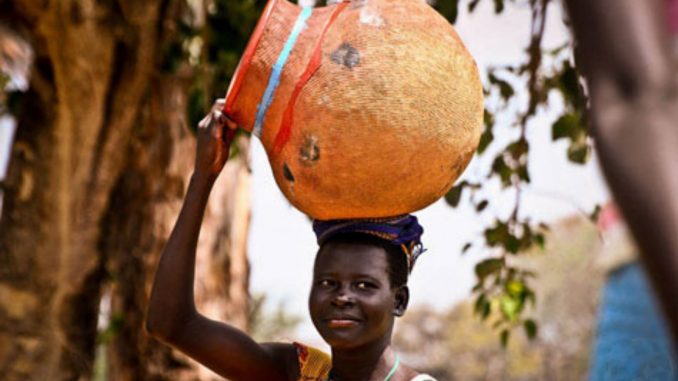
In the traditional African setting, way before civilization, communities were guided by beliefs and traditions. Among these beliefs and practices were taboos that were seen as social and religious customs placing restrictions on particular things, actions and persons.
Although some of these taboos have been overtaken by events, there are those that still influence how some Africa communities handle certain occurrences. Here are some of the most fascinating African taboos you need to know, especially if you plan on traveling there:
Disrespecting the Elderly
Many African communities consider any form of disrespect to the elderly an automatic curse. In fact, some communities do not allow young people of the opposite sex (whether married or dating) to hold hands or engage in any form of caressing in the presence of an elderly person. It is considered disrespectful.
Other communities don’t allow young people to speak in the presence of elderly people, particularly during family and community gatherings. Similarly, young people are not allowed to address elderly people by their names. They are supposed to be addressed by the names of their children. This taboo is pegged on the belief that elderly people have the powers to bless and curse.
READ ALSO: Are We Losing Our African Culture and Tradition to Interracial Marriages?
Having Sex with Relatives
While some Western societies allow brothers to have canal knowledge with their blood sisters, Africans consider it the worst form of sin and view anyone who does that as an outcast. In fact in the early days, such an automatic expulsion of the couple from the community.
There is also a long-held belief that sleeping with a relative attracts all kinds of tragedies, including poverty, lack of success in life, epilepsy, and even death in extreme situations. And if the act brings forth a baby, many people believe such a baby will have all manner of deformities. Some communities even end up killing anyone who engages in such sister-brother play.
Visiting In-laws
When a man and a woman marry, their families automatically become one. But in Africa, any dealings between the two families must be handled with utmost care and respect, lest they go against the long held traditions and beliefs. For instance, some communities consider it a taboo for a mother-in-law to sleep in the same house with her son-in-law.
Others prohibit the bride’s mother to eat or drink in front of her son-in-law. Ironically, nobody seems to have a concrete reason for this. And if you think that is ridiculous, listen to this: a father-in-law is not supposed to enter his son’s house if the son is not around. It is also a taboo for a couple to name their first child after the bride’s family before they’ve named the groom’s father and mother.
READ ALSO: King of the Ashanti People of Ghana wears sacred smock for the first time in 18 Years
Pot Breaking
In some parts of Africa, women are still using clay pots to prepare and store food. Due to their fragile nature, these pots tend to break a lot. So, in an attempt to ensure women handle the pots with care, some communities consider it a taboo for a woman to break a cooking pot.
They liken the pot with a woman’s uterus, in which she carries her children for nine months. So, when a woman breaks a cooking pot, she is considered to have destroyed her entire lineage. Among the Gikuyu people (Kenya’s largest ethnic group), a special ritual must be performed to cleanse a woman who breaks her cooking pot.
While it is debatable whether these taboos actually have any effect, they surely have helped to shape many African cultures and traditions as we know them today. They have also helped to keep the African society in line.
by Fredrick Ngugi
Source

This is very educative. The youth should never for get their culture. It is Paramount.
As an intercultural professional, this to me is not only educational, it is food for thought. Thanks for sharing.